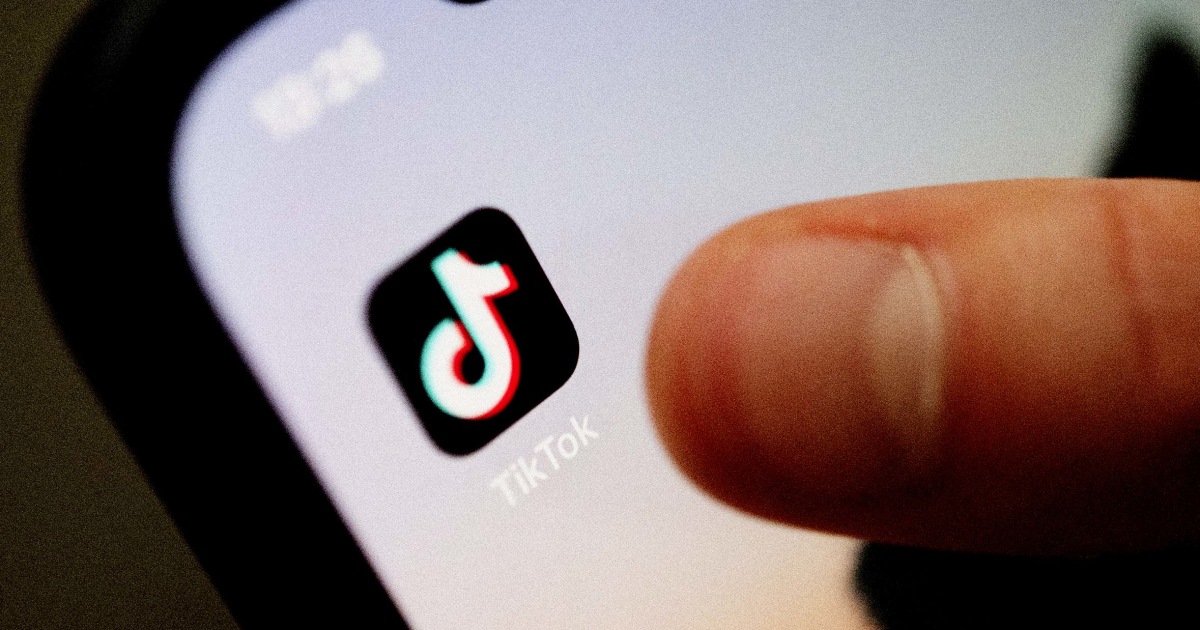The legal battle between the U.S. government and TikTok revolves around the question of whether the popular social media platform is being used by the Chinese government to influence Americans. While the Justice Department and intelligence officials admit there is no direct evidence of this, studies suggest TikTok may be biased towards Chinese government views. A bill passed by Congress could result in a ban on TikTok in the U.S. unless its parent company, ByteDance, sells the app. Congress views TikTok as under Chinese government control, raising national security concerns. American intelligence agencies suggest that sensitive information of TikTok users could be exploited by China, and the company’s algorithms could be manipulated for propaganda purposes. However, TikTok denies these claims and argues that it is not controlled by the Chinese government. The ownership structure analysis shows a government stake in ByteDance, raising concerns about potential influence on the company. TikTok argues that its operations are compliant with local laws and regulations. The dispute is framed as a free speech issue, with TikTok claiming that the ban violates the First Amendment. As the case heads to court, it highlights the tension between national security concerns, free speech, and the potential influence of foreign governments on social media platforms.
Photo credit
www.nbcnews.com
Is TikTok spreading Chinese propaganda? The U.S. believes there’s a real risk, while TikTok denies it. What’s the truth?


